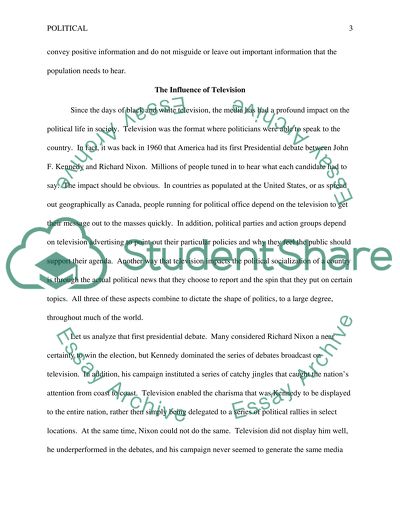Cite this document
(“Political socialization is a very important process that creates and Essay”, n.d.)
Retrieved from https://studentshare.org/history/1471064-political-socialization-is-a-very-important
Retrieved from https://studentshare.org/history/1471064-political-socialization-is-a-very-important
(Political Socialization Is a Very Important Process That Creates and Essay)
https://studentshare.org/history/1471064-political-socialization-is-a-very-important.
https://studentshare.org/history/1471064-political-socialization-is-a-very-important.
“Political Socialization Is a Very Important Process That Creates and Essay”, n.d. https://studentshare.org/history/1471064-political-socialization-is-a-very-important.


